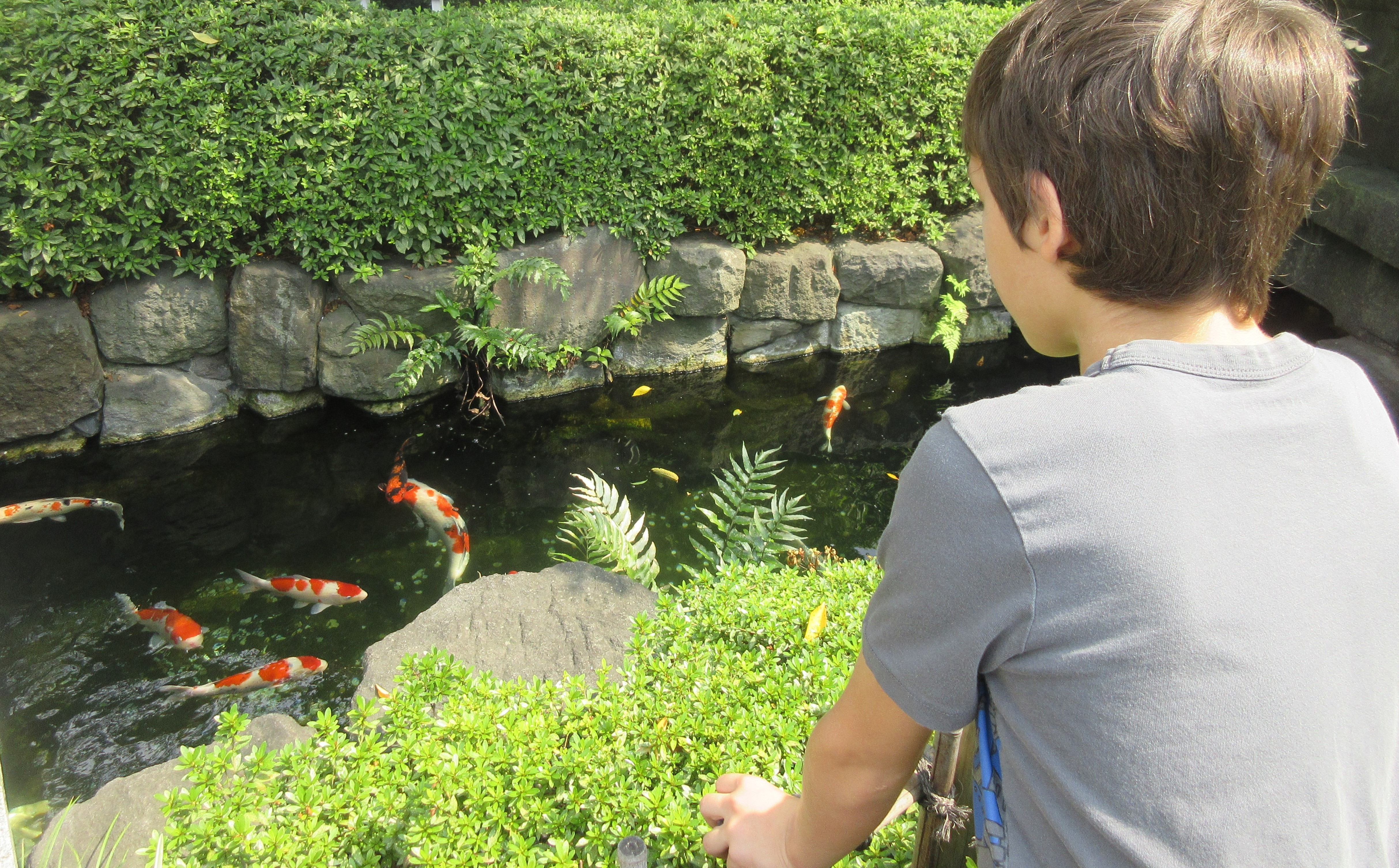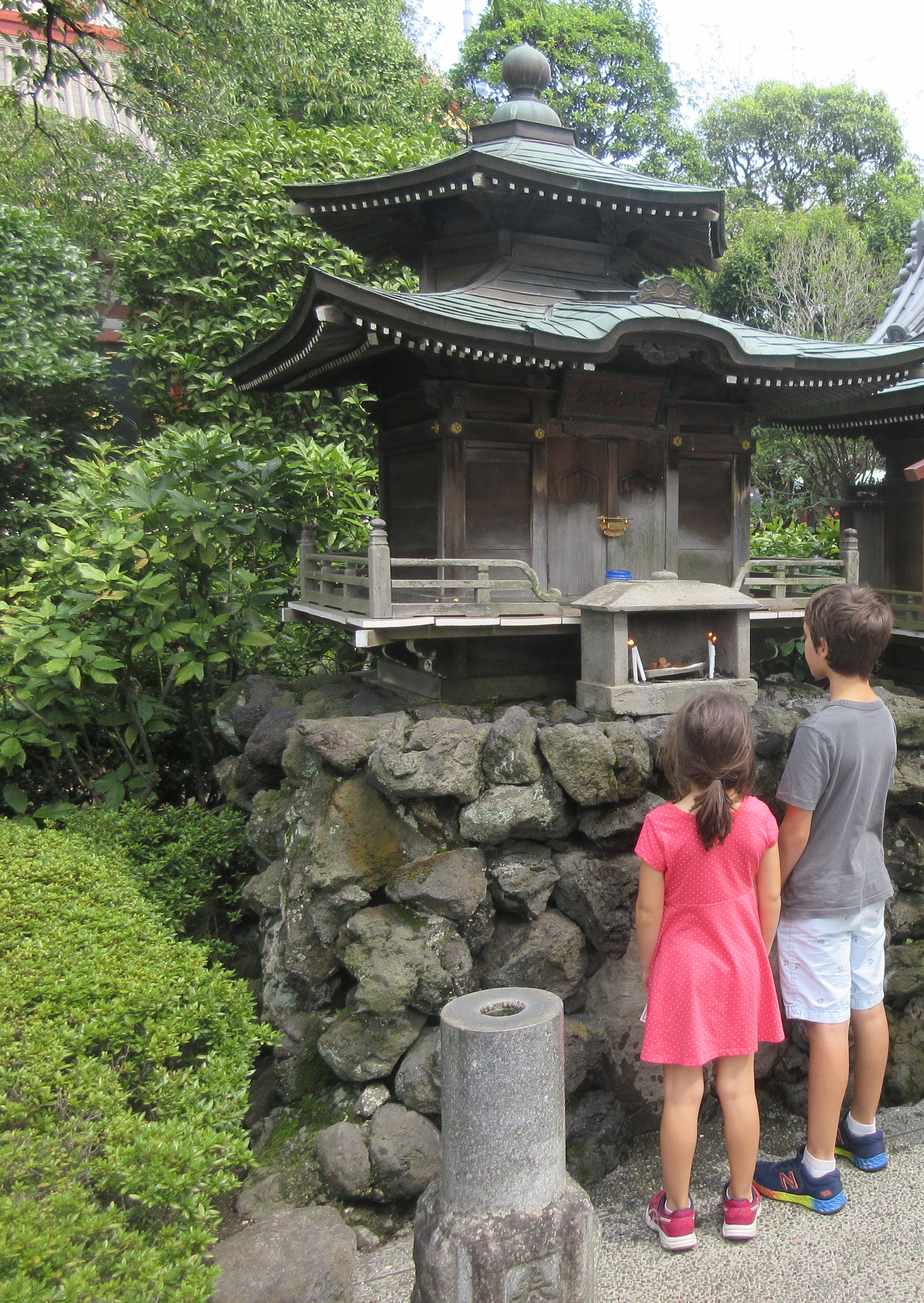Diplomatic careers: When a spouse’s resilience makes all the difference

While representing your country abroad is undeniably prestigious, it’s not all roses for everyone. Behind the prestige or exotic nature, living abroad is not without challenges for the families of Canada’s diplomats.
The old cliché where a diplomat (usually a man) is accompanied by a “stay at home spouse” who is devoted to social functions no longer represents the current reality. Today, the people who accompany their diplomatic partner abroad often have their own careers in Canada. These individuals often find it difficult to continue their careers abroad. Moreover, in most countries, diplomatic spouses are not eligible for a work permit. As well, local wages may be substantially less than wages in Canada for the same work.
Spouses who follow their partner abroad face significant career challenges. Many of them must place their career ambitions on hold or figure out how to readjust their career goals. The luckiest ones are able to keep their job in Canada through a telework agreement, despite the number of years that they spend abroad. Some are able to obtain leave without pay, which allows them to go back to their job on their return. However, their experience abroad is often not recognized and their career advancement is thus significantly stalled.
“I work, therefore I am.”
When a diplomat starts their work in a new country of assignment, they generally benefit from established professional and social networks. In addition, school age children gradually develop a well established school routine. However, daily life may be more uncertain for the parent who does not have a job in the new country. As a result, this person becomes responsible for many of the logistical and cultural adaptation issues relating to the move abroad.

“When you stop working for the first time in your adult life, it’s psychologically upsetting. It can affect your identity,” reports Marie-Andrée Poupart, the spouse of a Canadian diplomat in Africa, who had to put her career on hold. “It’s like a dismantling of who you are! At first, it can be very upsetting,” she adds.
Since they are no longer receiving a salary, some people may be confused about their financial independence and have concerns about equality in their relationship. Many experience intense loneliness. Others find ways to thrive despite the obstacles, such as by taking an interest in the local culture or registering for activities to get to know and love their new environment.
Given that it is essential for children to adapt to their new environment, many parents find ways to create a network of local friends and contacts. They ensure that their children maintain long term friendships, despite a move. In contrast, other parents may feel thrown off balance by their new living conditions (such as living in close proximity to neighbours) and prefer to keep a lower profile. Living in the same housing development as other Canadians from the embassy or being constantly identified as a foreigner on the streets may cause some to feel that they have less of a private life.
Learning to adapt
Living abroad is sometimes associated with a loss of freedom of movement or autonomy, given the more challenging travel conditions as a result of security issues, gridlock or local traditions, such as religious holidays. Language barriers may also cause significant challenges, as well as local ideas of effectiveness, such as in how people do things on a daily basis.

To add to the challenges that parents face, daycares or summer camps are often not very common abroad. As a result, having to care for children on a fulltime basis or during school holidays could limit employment opportunities.
The way of life is quite different between developed and developing countries, and some members of the family may feel these differences more profoundly. Eating 100% local foods is not always easy. When children are faced with instability in their new environment, they prefer to eat the foods that they are used to.
Families may have to adapt to unexpected situations, such as when daily life is disrupted by frequent or extended electricity outages, severe weather conditions or rare events that are more serious that could lead to an evacuation from the country.
If there are teenagers in the family who are finishing their high school education, the spouse may have to manage issues of compatibility between the different educational systems. Some students may have to take refresher courses in addition to having to adapt to a different educational approach and school environment. Resilience is developed at an early age: Ask a young person who needs to accept that the Internet connection is now too slow or too unstable for them play their video games!
It is understandable that many spouses may lack the mental focus needed for professional growth. Although the initial shock they experience may be significant, most people adapt to the host country in about 6 months. Although they may not necessarily love their new living environment, they slowly learn to find their balance there, and even happiness.
An opportunity to remake your life
Those who are happy in their posting abroad agree on one point: It is important to be flexible and to learn how to take care of yourself so you can remake your life in your new location. This plunge into a new world is an opportunity to expand your areas of interest and explore other aspects of your personality: “Who am I in this Asian, Arabic or Latin country?”

Although professional opportunities may not exist, some spouses focus on goals that they may not have been able to achieve otherwise: going back to school through distance education or undertaking a project that makes use of their creative talents (photography, painting, writing, etc.). Others volunteer or make a serious commitment to getting back in shape. For more active people, it can be a little bit of everything all at once!
For her part, Marie-Andrée believes that she had to remain professionally active during her life abroad in order to take full advantage of this international experience. Although she has a different career in Canada, she developed coaching skills, which are useful to her wherever she goes. She believes that her mental health benefits from creating projects to help others and she is never bored. “Still, this requires a lot of motivation and time,” she says.
GAC is aware of the challenges relating to living while working abroad and offers mental health support services to employees and their family members for both personal and work-related issues.
One thing is for sure: The challenges that members of a diplomat’s family face can help them become better equipped and more flexible, both as individuals and in their professional life. To fully enjoy their life abroad and to have a balanced family life, parents should instill in their children their thirst for adventure and discovery. Given the richness of their lived experiences, many say without a doubt that the sacrifices are worth it!
- Date modified: